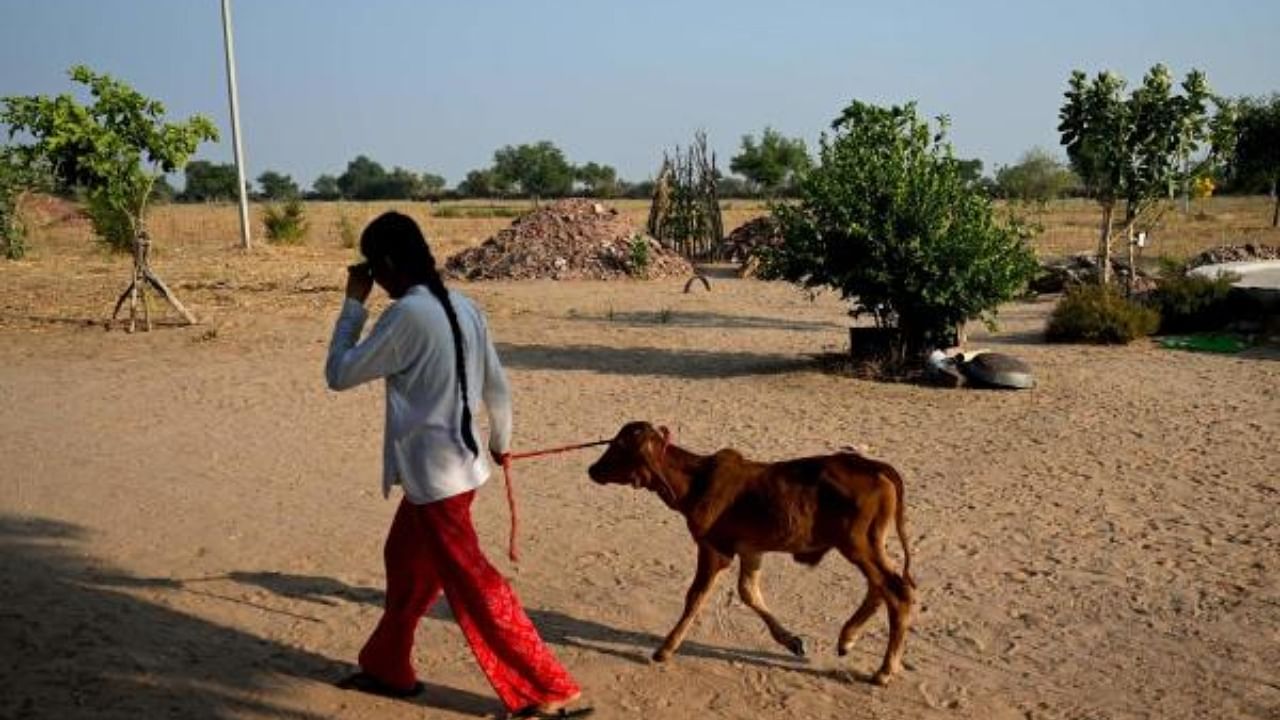
Priyanka, a 26-year-old girl from a remote village in Bihar, belongs to an upper-caste but extremely poor family. Despite the odds, she graduated from a college that was miles away from her village. After her graduation, her parents, who barely scraped by, started to pressurise her for marriage. But Priyanka was determined to transform her lot and empower herself through education. She burned the midnight oil and cleared the entrance exam to pursue an LL.B. from a reputed university. Her parents agreed to support her endeavour on the condition that she would pay for her own education through private tuition and marry a boy of their liking.
Although her financial hardship continued unabated, fortune seemed to smile on her when the Parliament passed the 103rd Constitution Amendment Act in 2019 and inserted articles 15(6) and 16(6) in the Constitution to extend the benefit of reservation to the Economically Weaker Sections (EWS) in government jobs. It brought a glimmer of hope not only for Priyanka but zillions like her who were sunk into a miasma of despair and poverty. But soon their hopes were shattered owing to a particular clause in the law that smacked of deep patriarchal bias.
To put things in perspective, the government notification says persons who are not covered under the scheme of reservation for SCs, STs, and OBCs and whose gross family income is below Rs 8 lakh are to be identified as EWSs for the benefit of reservation. It further says that the term “family” for this purpose will include the person who seeks the benefits of reservation, his/her parents and siblings below the age of 18, his/her spouse and children.
Thus, the criteria of income and assets defined here include the spouse’s income. As a result, when Priyanka, who got married to a government employee, approached the authority to get an EWS certificate, she was declared non-eligible as the gross annual income of her husband from all sources exceeded Rs 8 lakh. She was not only deprived of the benefits of affirmative action, but her dream to get a government job became even more distant as, after the 10 per cent EWS reservation, she had to compete in the remaining 40 per cent seats.
There are numerous girls like her whose wings were clipped in one fell swoop.
According to the data of the National Family Health Survey-5 (2019–21), as many as 23.3 per cent of women aged 20–24 were married before they turned 18. In rural India, the number stood at a staggering 27 per cent. Poverty and early marriage have a direct relationship because families that are struggling to make ends meet cannot afford to keep a girl unmarried at home.
The income of the spouse therefore cannot compensate for the past financial hardship and mental anguish of the poor girl, nor can it make her eligible overnight to compete with her privileged counterparts who studied in prestigious institutions. Is it fair to turn a blind eye to the prolonged struggle of a girl and deny her the benefits of reservation just because, after their marriage, the income of her spouse exceeds the criteria fixed by the government? It is not only insensitive and patriarchal but also a mockery of the idea of economic justice.
The travesty of justice for the financially vulnerable women of the upper caste appears even more farcical when we examine the criteria for OBC reservation. In determining the “creamy layer” for the OBCs, it is clearly mentioned that if a woman from the OBC category gets married to a Class I officer, she will continue to be the beneficiary of reservation. The “creamy layer” status of the candidate is determined by the income of her parents, even after her marriage. The income of the girl or her spouse will have no bearing on her eligibility to get benefits from the reservation.
Income is indeed the main criterion in deciding the creamy layer for both OBC and Economically Weaker Sections reservations, but on what grounds the income of parents is counted in the former and that of the spouse in the latter defies all logic and reason.
The irony is that neither the government nor the Supreme Court paid any attention to this loophole. The purpose of EWS reservation is undeniably to extend the benefit of reservation to the most vulnerable sections of the population.
Now that the court has given its seal of approval to reservations for Economically Weaker Sections, the time is ripe for the government to redress the shortcomings of the act and make it more inclusive for women.
(The writer works at ARSD College, University of Delhi.)